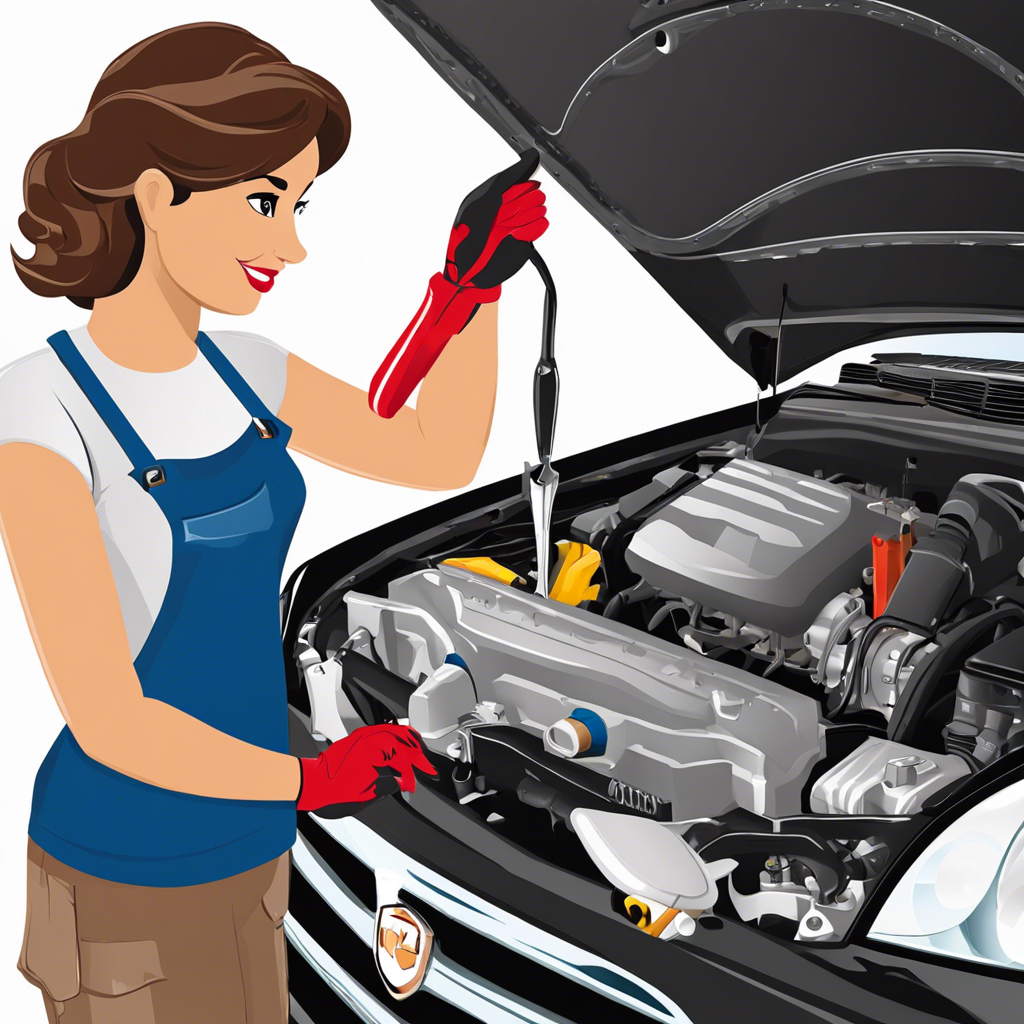The idea of doing your own car maintenance can be daunting, but with the right tools, knowledge, and attitude, it can be an empowering and money-saving skill to have. Regular car maintenance is crucial to ensuring your vehicle’s reliability, performance, and longevity. While some tasks require specialized tools and expertise, there are many basic maintenance procedures that car owners can perform themselves. Here are some essential tips and tricks to get you started on the path to becoming a DIY car maintenance pro.
First and foremost, always refer to your car’s manual. This handy booklet provides invaluable information specific to your vehicle’s make and model. From the correct type of engine oil to the specified tire pressure, this manual is your go-to guide. It also outlines the recommended service schedule, so you know exactly when to perform maintenance tasks. Mark the dates on your calendar, and set reminders on your phone so you never miss a service interval.
Another essential item to have is a reliable set of tools. While you don’t need a professional-grade toolbox, investing in a good set of basic tools will make your DIY adventures much smoother. This includes items such as a quality jack and jack stands, a torque wrench, metric sockets and wrenches, a tire pressure gauge, and a solid work light. Having these tools organized and within easy reach will streamline the maintenance process and ensure that you’re not scrambling to find the right equipment mid-task.
Before embarking on any DIY car maintenance journey, ensure that you have a dedicated workspace that is well-lit and has enough room for you to move around your car comfortably. A level surface is crucial when you’re jacking up your car, so consider investing in a good set of jack stands or ramps to keep your vehicle secure and stable. Also, remember to don a pair of gloves and grab your old clothes to protect your hands and body from grime and potential stains.
Safety should always be at the forefront of any DIY car maintenance project. Never work on a car that is only supported by a jack. Always use jack stands or ramps to ensure the vehicle is securely lifted and cannot roll or shift. Be mindful of your surroundings, and keep children and pets away from the work area. Finally, if you’re ever unsure about a task or feel uncomfortable tackling a particular job, don’t hesitate to seek professional help. Your safety and well-being are paramount.
Additionally, one of the simplest yet most important DIY car maintenance tasks is regularly checking your fluid levels. This includes engine oil, coolant, brake fluid, power steering fluid, and windshield washer fluid. Refer to your car’s manual to locate the appropriate reservoirs and learn how to check the fluid levels correctly. Topping off these fluids is generally straightforward, but it’s crucial to use the correct type of fluid specified for your vehicle.
Spark plugs are another essential component that requires regular attention. Spark plugs play a critical role in igniting the air-fuel mixture in your engine, and over time, they can become dirty or worn out. Replacing spark plugs is generally a straightforward task, but it’s important to follow the correct torque specifications and gap settings for your particular vehicle. Refer to your car’s manual or seek advice from a trusted mechanic if you’re unsure about the process.
Lastly, pay attention to your tires. Regular tire maintenance not only ensures a smoother ride and better fuel efficiency but also keeps you safe on the road. Check your tire pressure at least once a month and before any long journeys. Rotate your tires periodically to ensure even wear, and keep an eye out for any unusual wear patterns or damage. Learning how to change a tire is a vital skill that will come in handy in unexpected situations. Keep a well-stocked emergency kit in your trunk, including a spare tire, a tire iron, and a portable air pump or canister of compressed air.
